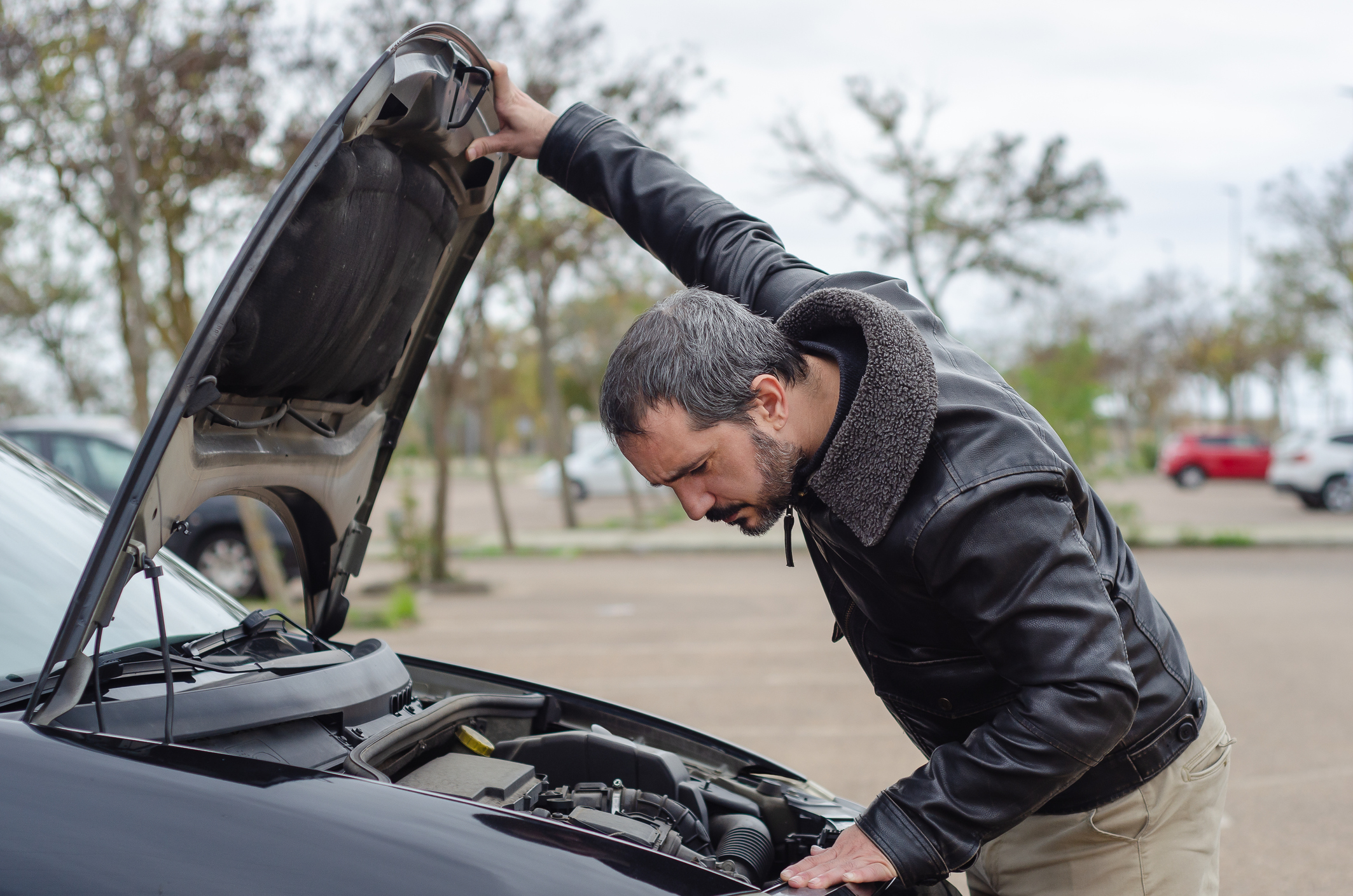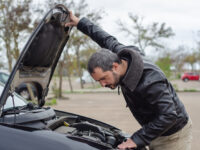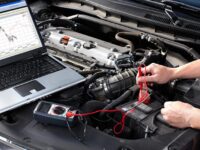When Your Car Makes a Sound, How Do You Know Whether to Sound the Alarm?

Your vehicle is made to operate as it should, but odd sounds often mean something is wrong. While some sounds are harmless, others can signal serious problems that require attention. These are not all sounds that are a cause for concern — as the car decomposes — it might start making some unusual old-age sounds. Noises like rattles, squeals, grinds and grinding are hinting at a problem that you aren’t going to want to ignore. In this article, we’ll outline common car sounds, and what to consider when you hear them.
What Squealing and Grinding Noises Mean in Terms of Your Vehicle
Creaking and grinding noises are among the most alarming sounds you can hear coming from your car. Such sounds are typically diagnostic of issues with the brakes or another vital component. Another type of squeal, particularly when applying the brakes, can indicate that the brake pads need replaced. If the pads are worn so thin they’re making metal-to-metal contact, a grinding noise can be heard, which will cause more damage if left unchecked. Likewise, a squeaking noise while driving can indicate issues with suspension components or dry joints in the drivetrain.
And the cost of ignoring such sounds can be expensive repairs and compromised safety. Just as with specific metallic grinding noises from the engine or transmission, these could be a serious mechanical issue in the gearbox, or related to the timing belt. Either way, we can’t just ignore these sounds.
Clunking, Hissing and Rumbling: Other Dangerous Car Noises Explained
Clunking, hissing, and rumbling are additional sounds that need to be addressed right away. Here’s what each of these noises could mean:
- Clunking Noise: This could suggest that the suspension components are losing their tightness or that the vehicle’s shocks are worn out. Pay attention to how the car handles and how stable it feels.
- Hissing Noise: A hissing sound can signify a leak in the engine or a problem with the cooling system. If not solved, this could lead to overheating.
- Rumbling Noise: If you start hearing rumbling noises from beneath the car, these could indicate issues with the exhaust system or a damaged wheel bearing.
Some of these sounds might seem harmless at first, but they can cause worse issues if you fail to address them quickly. If you hear these sounds, take the car to a professional mechanic as soon as possible to avoid further damage.







